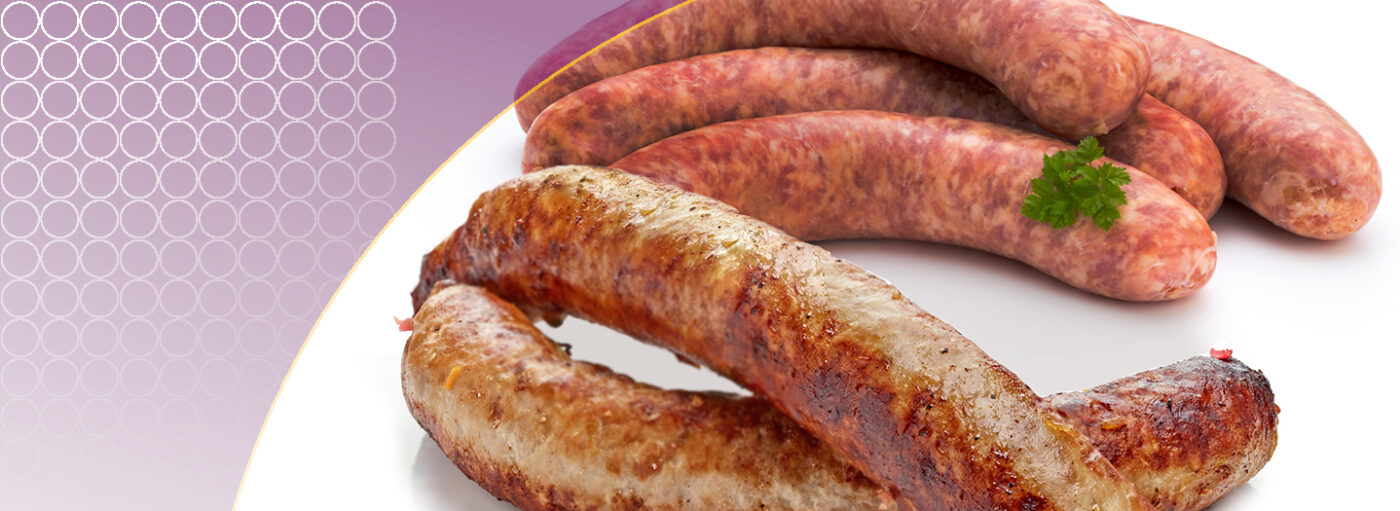
Recent news in Food & Feed Analysis
- Home
- /
- Meat fraud: Your meal...
Meat fraud: Your meal might not be what is says on the label

Pork does not belong in a kebab or a beef sausage. However, adulteration of meat products with cheaper pork is a common form of meat fraud. This is a problem – especially for consumers who refrain from eating pork for religious reasons.
Especially in the case of minced meat, sausages, processed food and feed, it is not always clear from which animal the product originates. High-quality beef, lamb or veal could have been mixed with cheaper pork. Proving which animal species is actually present in a product is of interest for two reasons: To detect food adulteration (intentional or unintentional) and to verify the authenticity of food declared as “kosher” or “halal”. For Jewish and Muslim consumers, who make up around a quarter of the world’s population, it is important to know that the food was prepared in accordance with their faith. The declaration as “kosher” or “halal” is subject to numerous rules, not all of which are easily verifiable – such as the method of slaughter or the supervision of a rabbi. One important rule, however, is the ban on pork. Even the smallest quantities of pork constitute a contamination of the food.
But how exactly can such food adulteration be detected? Microscopic methods usually don’t get you very far here, because under the microscope muscle fibers don’t necessarily indicate the animal species – and in the case of processed foods such as gelatine or fat, such fibers are no longer visible at all. Animal species analysis therefore requires different methods. A common method is a molecular biological analysis such as PCR, which examines DNA traces in food. However, there is also a simpler method that requires less equipment.
Rapid tests for the detection of animal species
Like PCR tests, the new qualitative lateral flow tests from ELISA Technologies are highly sensitive and can detect even the smallest amounts of pork in food. Even a pork content of 1 % in cooked or processed products and even 0.1 % in raw, unprocessed meat can be reliably detected. Furthermore, the test strips are very easy to use and provide fast results. This makes them the ideal tool for screening tests to confirm the authenticity of pork-free foods or to detect counterfeits in the food industry.
Further product information:
- ELISA Technologies EZ Pork (Art. No. 530EZPK)
- ELISA Technologies EZ Pork Raw (Art. No. 540EZPKR)

